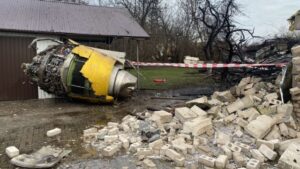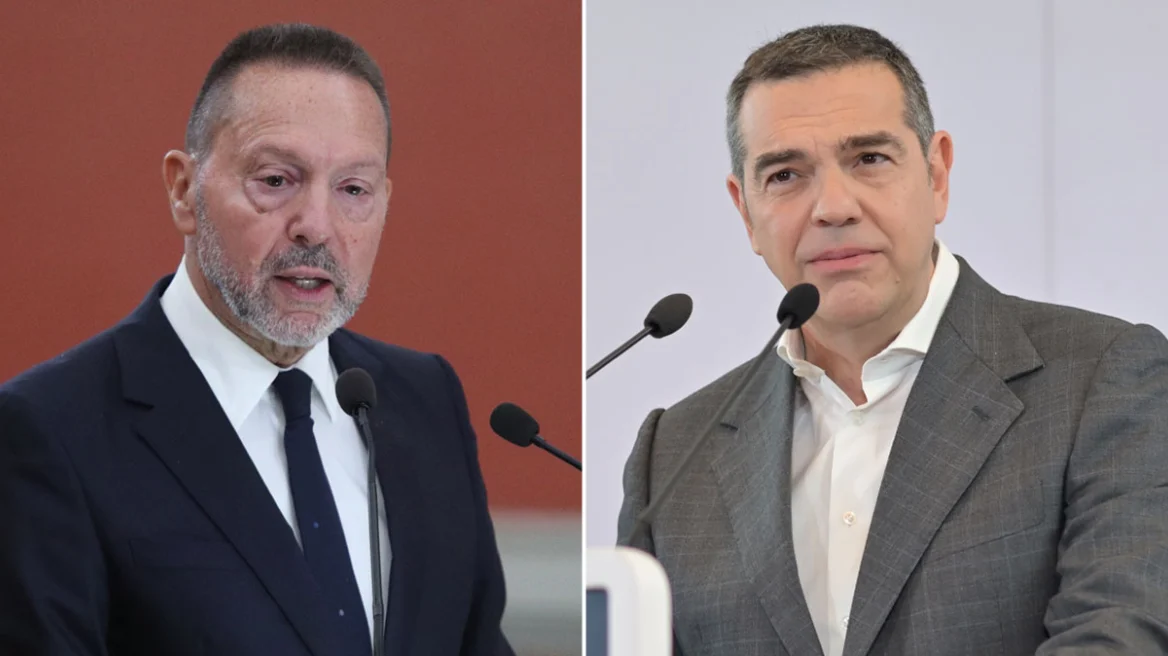The Inspector General of the German Armed Forces, Carsten Breuer, has suggested that last Monday’s DHL plane crash in Vilnius might be a “test” by Russia as part of exploring “unconventional” attacks against Western countries.
“We faced a similar incident last summer, and now something fitting the same pattern has occurred,” Breuer said, referring to a fire in July at DHL’s central warehouse in Leipzig caused by a device in a parcel. During the investigation, arrests were made in Lithuania, from where the package originated. In August, German security authorities issued a warning about similar incidents, which was shared with airlines and logistics companies.
Speaking on ARD, Germany’s public broadcaster, Breuer affirmed the possibility that Russia could be probing vulnerabilities in the system. He noted that Vladimir Putin is creating a scenario that is “neither peace nor outright war” to test the boundaries.
Referring to the potential return of Donald Trump to the White House, Breuer predicted that the U.S. president, “like his predecessors,” would push for Europeans to take greater responsibility for their own defense. He added that even if Kamala Harris had been elected, the only difference would have been more time granted to Europe. “We in Europe and Germany must invest much more in our defense,” he emphasized.
Lithuania: DHL Plane Crash Likely Caused by Technical Issue, Not Sabotage
Lithuanian officials have found no evidence to suggest that Monday’s DHL cargo plane crash was due to sabotage, indicating that technical issues are a more likely cause.
The plane crashed while approaching Vilnius airport, killing one of the crew members on board. German Foreign Minister Annalena Baerbock later remarked that the incident could have been an accident or a hybrid attack in “volatile times.”
“With all the data we have, there are no signs pointing to sabotage,” Lithuanian Defense Minister Laurynas Kasčiūnas told reporters.
Visual analysis of the crash indicated no external impact on the aircraft during its landing. Survivors reported no panic, smoke, or unusual smells inside the plane before the crash, Kasčiūnas added.
Investigators are leaning towards a technical fault, said Vilmantas Vitkauskas, head of Lithuania’s National Crisis Management Center. “If new information comes to light, we may change course, but for now, this is the direction,” Vitkauskas noted.
Vilnius airport systems guiding incoming aircraft were found to be functioning normally during tests conducted on Tuesday. Additionally, officials stated the plane did not rely on GPS for landing, making signal interference unlikely to have played a role.
Ask me anything
Explore related questions





